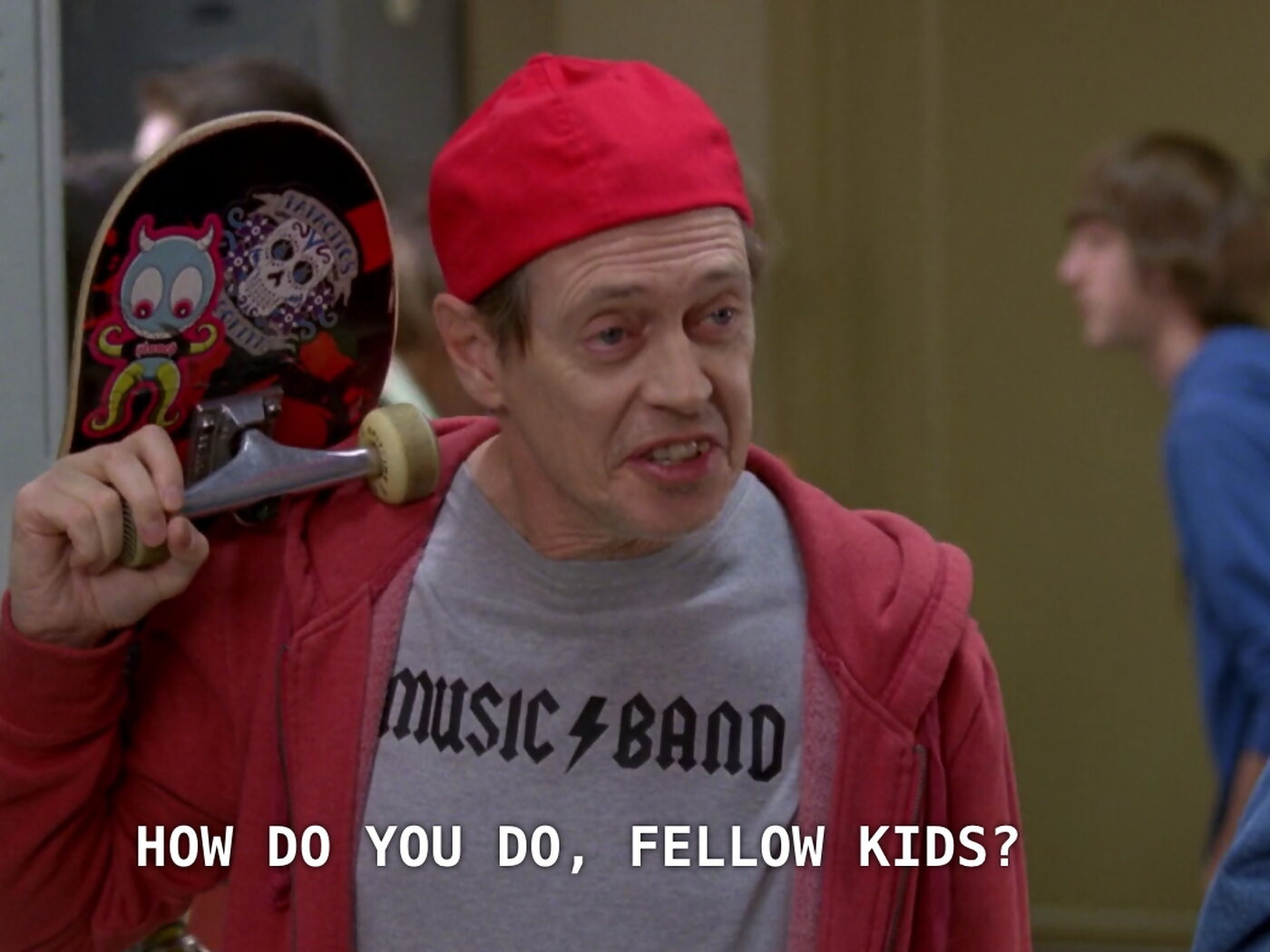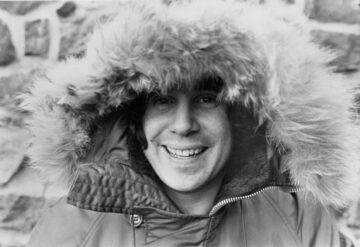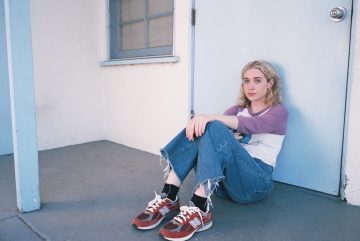Nostalgia sells. We examine the complex interplay between nostalgia, escapism, and the desire to recapture our past, all set to a familiar soundtrack. It’s all there in the reunion tour.
There has been something of a resurgence in ‘reunion tours’ as of late. Acts that played the soundtrack to your childhood are getting back together, only slightly fatter, greyer, and less agile than you remember them. Whether it’s S Club 7, The Prodigy, Blur, or Blink-182, they are putting their differences aside so you can party like it’s 1999. And more and more of us are doing just that, with the comeback kids playing to big arenas and posting even bigger profits. But what is it about the reunion tour that so many of us find alluring?
What’s my age again?
There’s an easy appeal in the reunion tour – nostalgia. So many of the bands making the big bucks have an immediate connection with the happy memories of Millennial youth. We tend to develop our music taste in our teenage years – a time of heightened excitement and fun – and will over-focus on memories from this period of our lives. The class of ’95 would have been snogging behind the bike sheds and jumping around their front room to The Prodigy. These were moments of novel euphoria. Now, we’re packing out concert halls and stadiums for another taste of youthful mana.
A dose of nostalgia is a bittersweet trip to a time we now look back on with rose-tinted glasses. Deriving from the Greek words for return (nostos) and pain (algos), melancholy cannot be divorced from the experience. Once thought of as a ‘disease of the mind’ born of errant animal spirits in the brain, nostalgia is now thought to deliver a range of benefits, including boosting self-esteem and mood. But looking back on that happy place will mean, by definition, we aren’t there anymore.
You can get a feel of that play between the happy and sad when looking back at the latter stages of Elvis Presley’s life and career. A strained Elvis continued to perform into the late 1970s, until within two months of his untimely death in June 1977. His final show was dubbed by some, the ‘fat Elvis’ concert – he could often be seen with quart-sized cola cups ornamenting the top of his piano, and was said to be visibly unwell at times. And yet the King still filled every seat in the house, performing to hysteric fans, screaming with all the gusto they could have summoned twenty years prior.
That the music of 1950s ‘nuclear family’ Americana found renewed appeal in the 70s, the age of Death Wish and Apocalypse Now, is not surprising. It follows that S Club 7 is resurrected by the generation who were promised the world and got Rishi Sunak. So, while the nostalgia high is not a new phenomenon, it does appear to be a growing one.
READ MORE: From Cool to Cringe | What ever happened to boy bands?
Man babies and cat women
Men, a lot of them, dress like kids. They wear baseball caps backwards, graphic T-shirts and trainers. They look like the Steve Buscemi meme. This is partly because culture is stuck in the mud, but also because they want to be kids again. We all know a Peter Pan, whose bulging belly and unkempt beard betray his efforts to remain forever young.

This is a form of passive coping. A thumb in the mouth or taking to sleep in the foetal position. It involves ‘escaping, avoiding, and denial of the stressor’, the stressor being our own age – in every sense. Then there is so-called active coping, which refers to ‘the utilization of those psychological or behavioural coping efforts that are characterized by an attempt to use one’s resources to deal with a problem situation’. This is like a short boost – you part with your money and get a sharp shot of escapism – the reunion tour is your very own Total Recall.
But experiences, the passive kind, are shallow and boring, actually. It is significantly less interesting to hear your friend blabber on about their visit to the safari or their bungee jump than it is to hear about how they got lost in the rainforest and spent a week fighting off cannibals with a machete and drinking beetle piss to survive. That’s because an experience, like going on a roller coaster, is just a thing that is done to you, whereas an action is something done to the world.
It figures that the nostalgia experience industrial complex is thriving on Millennial angst. They are a generation who have surrendered an ambition to do things for the world. They had Occupy Wall Street, which was cool, but then quickly gave up. The Zoomer-Boomer axis is the last group doing things to the world, namely: spray painting things orange, blockading roads and arguing with cold call scammers on landline telephones. Meanwhile, Millennials have chucked the Che Guevara shirts and are contented with an Instagramable lunch, bubble tea, and, for a special treat, seeing Kylie Minogue at Glastonbury.
READ MORE: From S Club 7 to Central Cee | Why was 90s music so happy compared to now?
With respect to N-Dubz, I don’t think many people would say it is the quality of their music which is drawing crowds. The audience is there not because they’re brilliant per se, but because we want to go back to the time when we first heard them. When Tulisa had less plastic in her face and we had more spots in ours. When Little Britain was understood as comedy rather than Cannibal Holocaust 2. And when everyone thought Danny Dyer was actually hard.
While nostalgia might not be a mental illness, as was suggested in the 17th century, overindulgence might not be a good thing either. The surge in bands ‘putting their differences aside’ to mount the money-printing merry-go-round reunion circuit is made possible because the demand for the spectacle is there in spades. And that demand reveals something about our culture – this sense that the best has come and gone. See also: cultures whose national heroes lived and died in dates ending ‘BC’.
And with all that said, we might be grateful to the reunion tour phenomena for taking our mind off of that fact for an hour or a few.
Want to write about music? Pitch us your ideas.
Are you passionate about music and have a story or hot take to share? whynow wants to hear from you. Send your music-focused pitch to editors@whynow.co.uk. Let’s make some noise together.





